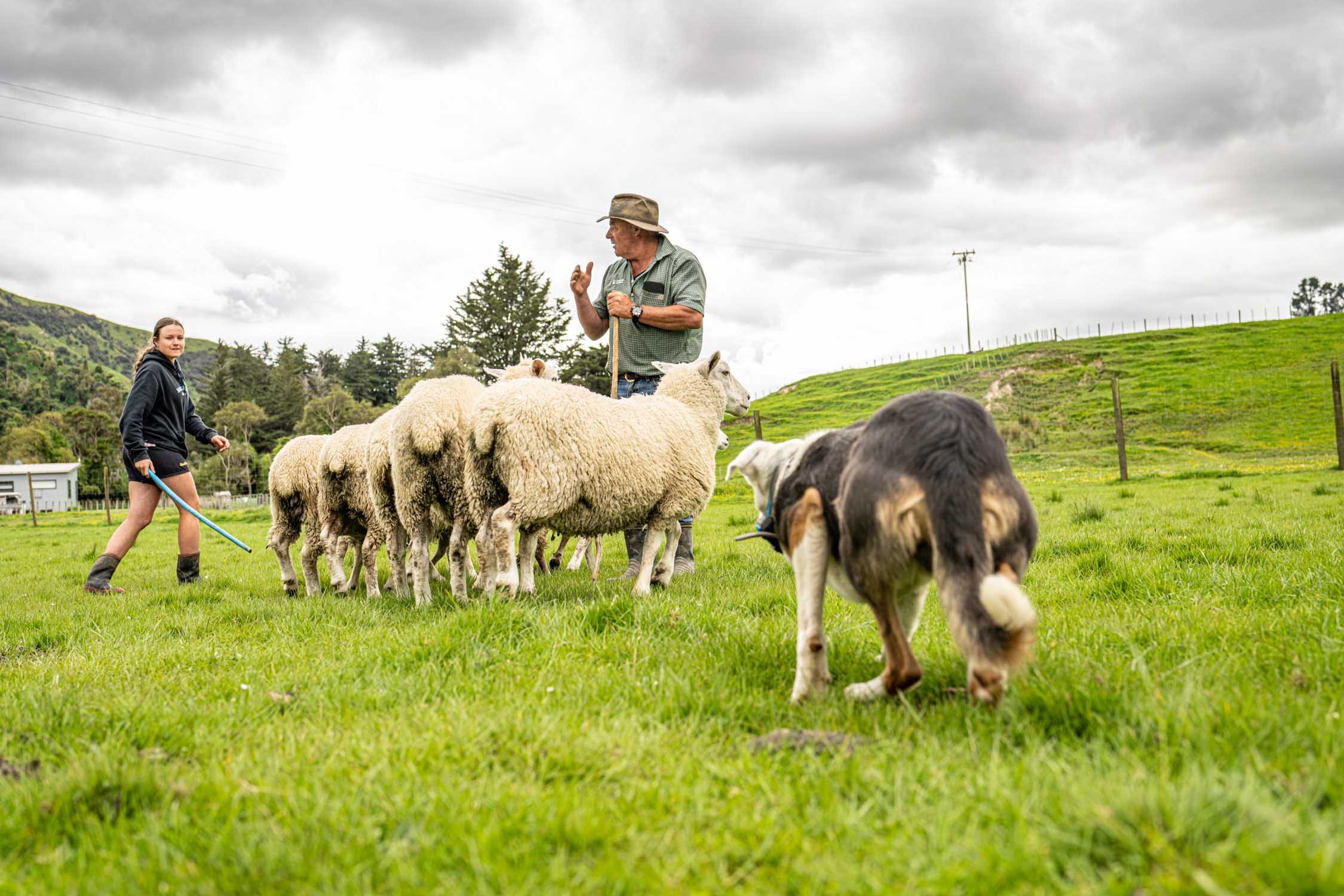
Course Overview
The Otiwhiti School of Agriculture offers a comprehensive programme combining theoretical education and practical training in agriculture. Classes, taught by resident tutor, are held one day per week, with students gaining hands-on experience on local farms four days of the week. The curriculum covers various aspects of farming, emphasising practical application.
Course fees, accommodation details, and eligibility for government funding are provided, with potential scholarships and student allowances available. Assessment procedures ensure students meet New Zealand Qualifications Standards, with grades based on performance levels.
Weekly job rosters include various tasks such as kitchen duties and grounds maintenance. Adherence to school policies is required for vehicle usage. The program aims to equip students with the necessary skills for successful livestock farming and farm management careers. Subject to the nature of the course, the New Zealand Certificates in Livestock Farming and Farm Resource Management Level 3 will be broken into two parts.
Operating since 2007, our cadets have proved to be well skilled in both theory and practice, with many past cadets currently working in the agricultural sector as valuable employees. Our cadets learn skills from farmers, field instructors, tutors and specialist people involved during the course. We put emphasis on a ‘hands on’ approach, that is, students learn best by practically applying theoretical skills learnt.
May you take this opportunity to learn and enjoy.
Qualifications
New Zealand Certificate in Agriculture
Level 3 - Full Time at Otiwhiti
This programme is designed to develop the career of those people who have completed Level 2 training in agriculture or have equivalent experience working on farms, and would like to advance towards farm management.
It is primarily for people who will be working largely unsupervised in the agricultural industry.
By the end of the programme they should be able to plan ahead to anticipate and plan for actions required for the next year as well as plan day-to-day activities that include all aspects of farm management.
The programme is approved by the New Zealand Qualifications Authority under the provisions of the Education Act 1989, and Land Based Training Limited is accredited to teach it.
New Zealand Certificate in Agriculture
Level 4 - Extension Programme
This programme is designed to develop the career of those people who have completed Level 3 training in agriculture or have equivalent experience working on farms, and would like to advance towards farm management. Initially, their next step would be positions such as herd and stock managers.
It is primarily for people who will be working largely unsupervised in the agricultural industry. By the end of the programme they should be able to plan ahead to anticipate and plan for actions required for the next year as well as plan day-to-day activities that include all aspects of farm management.
The programme is approved by the New Zealand Qualifications Authority under the provisions of the Education Act 1989, and Land Based Training Limited is accredited to teach it.
THESE ARE OPEN TO THE WIDER INDUSTRY - PLEASE ENQUIRE
Course Dates
One full year of study — 42 weeks (not including 4 weeks of recess). The course starts early February and finishes in mid-December.
Theory/Practical
One day per week is spent in the classroom with a tutor and four days a week are spent doing practical work on farms — either at Otiwhiti or at one of our Partner Farms.
Holidays
There will be 3 weeks holiday during the course which will be advised by the course tutor. Holidays may be subject to change depending on the farming calendar.
Graduate Profile - Level 3
Graduates of the Rural Operational Skills programme will be able to:
Identify and assist with the management of workplace risks.
Plan and carry out operational activities using mechanised equipment with consideration for the environment
Manage personal wellbeing when carrying out primary industry operational activities
Operate specialist equipment for primary industry operational activities.
Carry out activities related to the maintenance of workplace infrastructure.
Programme Pre-requisites
Students will have to show a keen interest in farming as a career choice.
Average to above academic achievement and average to above average behavior
If students wish to enter, at Year 12 or above, they must have either passed NCEA Level 2 or may gain entry at the discretion of the course tutor.
All students must have NCEA Level 2 Maths and English.
(Minimum of 8 credits) or equivalent.
Year 13 students are preferred.
A selection process is undertaken when applications are received.
Instructors
-

Blair Rhodes
Farm Manager
-

Darin Arnott
Field Instructor
-

Dennis Nieuwkoop
Academic Tutor and Assessor




